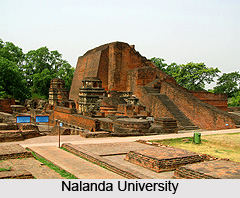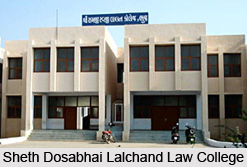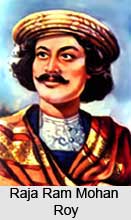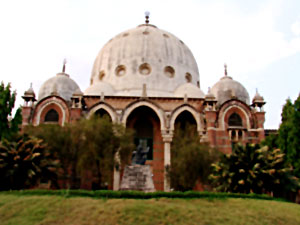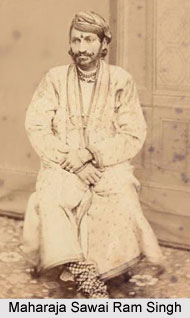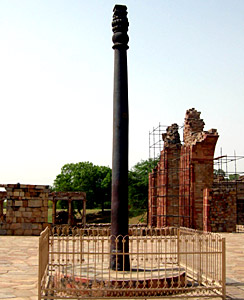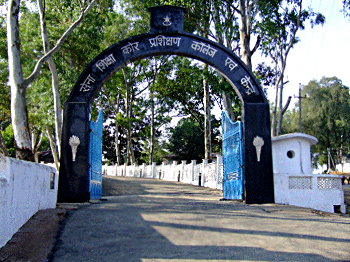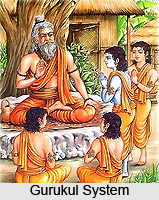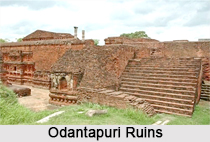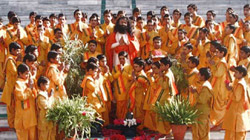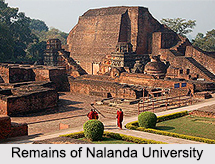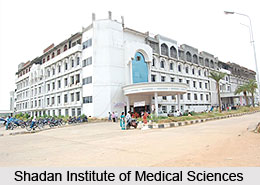 Shadan Institute of Medical Sciences or SIMS is a medical college located in Rangareddy, Hyderabad, India. It was founded by Vizarath Rasool Khan in 1985 under A.P. registration Act of 1350 Fasli. A medical graduate from Osmania Medical College, Khan served as a member of legislative assembly (M.L.A.) for two terms in the years 1984-1989. SIMS is established and administered by a Muslim minority called Shadan Educational Society. Recognized by the government of India, the college is presently affiliated to the NTR University of Health Sciences, Vijayawada, Andhra Pradesh.
Shadan Institute of Medical Sciences or SIMS is a medical college located in Rangareddy, Hyderabad, India. It was founded by Vizarath Rasool Khan in 1985 under A.P. registration Act of 1350 Fasli. A medical graduate from Osmania Medical College, Khan served as a member of legislative assembly (M.L.A.) for two terms in the years 1984-1989. SIMS is established and administered by a Muslim minority called Shadan Educational Society. Recognized by the government of India, the college is presently affiliated to the NTR University of Health Sciences, Vijayawada, Andhra Pradesh.
Administration of Shadan Institute of Medical Sciences
The college is administered by Dr Mohammed Sarib Rasool Khan (Managing Director), Prof. (Dr.) Dinesh Raj Mathur (dean) and Dr. Vasantha Prasad M.D. retired DME - AP (hospital superintendent).
Departments of Shadan Institute of Medical Sciences
It has departments of Anatomy, Physiology, Biochemistry, Pharmacology, Pathology, Microbiology, Forensic Medicine, Community Medicine, General Medicine, TB and Chest, Dermatology, Psychiatry, General Surgery, Orthopeadics, ENT, OBG, Anesthesia, Radiology and Dentistry.
Facilities of Shadan Institute of Medical Sciences
Spread over 26 Acres of land, the college is well equipped with modern facilities for diagnosis and treatment. As per the Medical Council of India, it is 750-bed hospital attached with a medical college of 150 students. The college has an administrative block, library attached with each department, 24 hours Accident and Emergency department and Pharmacy.
Apart from all these, it provides inpatient facilities including of I.C.U, I.C.C.U, N.I.C.U, P.I.C.U, Labour Room, Post Operative Care and all types of surgeries which include caesarians at free of cost. Also time to time, SIMS implements various National and State Health Programmers like Universal Immunization Programmer, Pulse Polio Programmer, National T.B. Control Programme, Family Welfare Programme etc.
This article is a stub. You can enrich by adding more information to it. Send your Write Up to content@indianetzone.com
